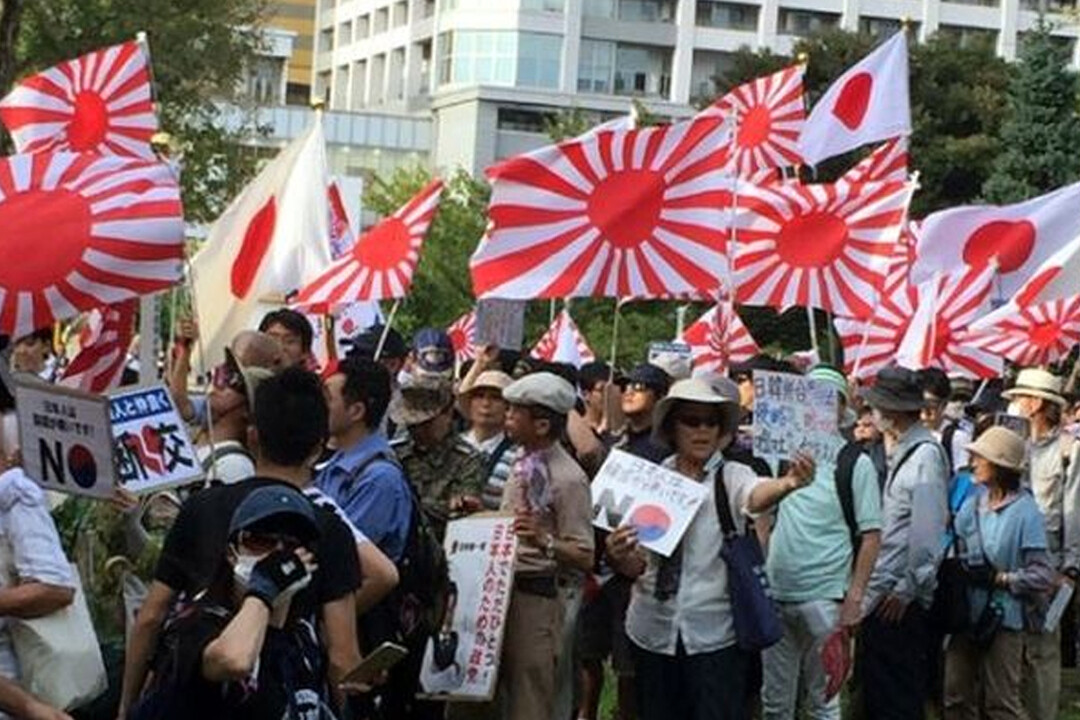
TOKYO, Japan – Just a few years ago, the streets of Shin-Okubo in Tokyo's Shinjuku ward, home to a prominent Koreatown, were often marred by anti-Korean demonstrations staged by far-right groups. Today, however, the scene has dramatically transformed. On June 19, the district was bustling with a vibrant crowd, predominantly young Japanese visitors, testament to its new identity as a thriving hub of the Korean Wave.
Shin-Okubo Koreatown has emerged as one of Tokyo's three major "hotspots," alongside Shibuya and Harajuku, fueled by the fourth wave of Hallyu (the Korean Wave). The once-ubiquitous anti-Korean protests that enveloped Shin-Okubo have all but vanished. According to the Shinjuku Korean Merchants Association, Shin-Okubo's foot traffic has now surpassed that of Harajuku, solidifying its status as a pilgrimage site driving trends among Japanese youth. This year, marking the 60th anniversary of normalized diplomatic relations between Korea and Japan, Shin-Okubo stands as a vibrant epicenter of Korean culture.
On a recent visit on June 19, this reporter was swept up in the immense throngs of Japanese nationals from across the country and foreign tourists. A striking number of visitors were Japanese women in their teens and twenties. Misaki (15), a middle school student from Ibaraki Prefecture, shared, "I started with K-pop and then fell in love with Korean makeup, Korean dramas, and Korean food. Korean culture is so popular now that you can hear K-pop almost anywhere you go."
Indeed, K-pop music blared from shops, and stores selling K-pop merchandise like photo cards and light sticks were abundant. "Idol cafes," with walls adorned with photos of Korean celebrities, were also packed. On the streets, "underground idols"—performers who primarily focus on live shows—dressed in styles mimicking Korean pop stars, handed out flyers to promote themselves. Many of these aspiring artists have either been unsuccessful in auditions for Korean entertainment agencies or dream of pursuing careers in Korea.
The influence of Hallyu in Shin-Okubo extends far beyond K-pop. Japanese women flocked to the "K-Beauty" sections of cosmetics stores, and convenience stores and supermarkets specializing in Korean food were incredibly busy. Restaurants selling Korean street food like tteokbokki and hotteok had long queues that made it difficult to pass by. "Hallyu Department Stores" and "K-Plazas," entire buildings dedicated to Korean products, have also become popular attractions.
In the evenings, Shin-Okubo becomes even more vibrant as couples, families, and office workers fill Korean restaurants. Unlike many Japanese establishments that close relatively early, Shin-Okubo's lights burn late into the night. Influenced by Korean dramas, the number of 24-hour Korean-style yatai (street food stalls) has significantly increased. Numerous Korean franchise restaurants have also established a strong presence, creating an atmosphere that makes visitors feel as if they are in Korea.
Koreans witnessing Shin-Okubo's transformation express a profound sense of change. Mrs. A, a homemaker who married a Japanese national eight years ago, remarked, "Before, there were only old and messy shops, which was disappointing, but with young people coming, many pretty cafes have popped up." Mr. Kim (56), who has operated a used goods store for 30 years, noted, "This neighborhood, which had nothing when I first started, has completely changed in the last 10 years. We also have many more young customers now."
The perception of Korea among young Japanese has also shifted. A noticeable increase in people beginning to learn Korean is evident. Kobayashi Ayano (40), an employee at a Korean language school in Shin-Okubo, explained, "They want to laugh with Korean fans at what Korean singers say, or watch Korean dramas without subtitles to experience them in their original form." Ms. B, a Japanese housewife and a BTS fan, stated, "I'm taking language classes and even private lessons to participate in fan cafe activities."
Jung Jae-wook, president of the Merchants Association, emphasized, "Shin-Okubo is the starting point and birthplace for spreading Hallyu in Japan, with Korean trends directly influencing the area and attracting young Japanese people who want to enjoy them." He added, "As we celebrate the 60th anniversary of normalized diplomatic relations between Korea and Japan, multifaceted efforts are underway to more systematically revitalize the commercial district."
[Copyright (c) Global Economic Times. All Rights Reserved.]




























